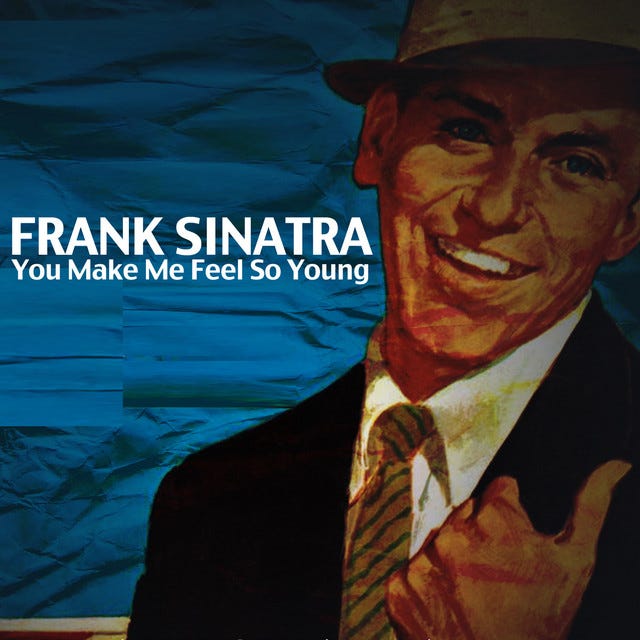There was an article in the New York Times a couple of months ago with this headline: “Stuck in a Starter Home.” The story described people who bought small houses when they were just starting their families. Now, some years later, these people want to buy larger homes, but high mortgage interest rates and soaring real estate prices are forcing them to remain in their cramped dwellings.

That’s a formula that worked quite well for my parents, along with a number of other folks I know, some of whom are still with us and many who’ve passed on. The common denominator for these people who view home ownership the way my mom and dad did, is the fact they grew up during the Great Depression. When you were not sure where your next meal was coming from, and when you spent a few years living in an apartment with 11 extended family members because two of your uncles were out of work, you developed a powerful “attitude of gratitude.” The idea that you deserve to live in a house where everyone has their own bedroom with a walk-in closet is simply not on your radar screen at all.
When my parents purchased their first home in 1960, a tiny 3-bedroom ranch with one bathroom and no basement, even calling the place their “first home” would not have made sense. It was their home, period. When two more kids were born, bringing the total number of residents to seven, there was no talk of buying a larger home. What they did was buy bunk beds.

Even though our house was bursting at the seams (and with seven people and one bathroom, the word “bursting” also applied to our bladders), my parents never would have agreed to be interviewed by a Times reporter and whine about being stuck in a “starter home.” That house was simply their home. They loved it, and we loved it, too. My dad ended up living there for 58 years until his death; my mom for 62 years.



















